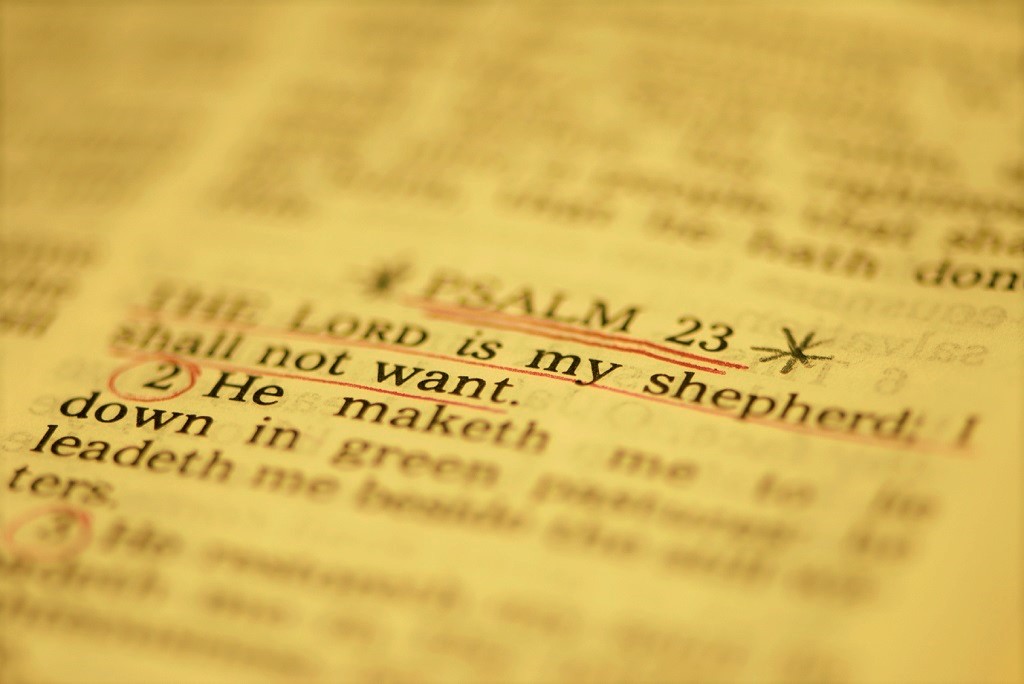Traditionally, the Jews have referred to the psalms as “Hymns of Praise.” There are 150 psalms, most of which are attributed to King David. They are important in both Jewish and Christian writings, prayer and liturgies; artists have, for centuries, found them to be a source of inspiration.
The psalms are a form of religious literature. Some are hymns, some are prayers of thanksgiving, others adoration for God, and some “didactic” or a means of spelling out the Law, those rules that governed Jewish life. St Basil the Great describes the Psalms:
All Scripture given by inspiration of God is profitable, for it was written by the Spirit to the end that as it were in a general hospital for souls, we human beings might each select the medicine for his own disease . . . The prophets provide one kind of instruction, the historians another, the law yet another. But the book of Psalms contains that which is profitable in all of them. It prophesies of the future; it recalls history; it legislates for life; it suggests rules of action; in a word, it is a common storehouse of good doctrines, providing exactly what is expedient for everyone. . . . Therein is a complete theology; the prediction of the advent of Christ in the flesh, the threatening of judgment, the hope of resurrection, the fear of chastisement, the promises of glory, revelations of mysteries: all, as in some great public storehouse, are treasured up in the Book of Psalms.
As Catholics, the Psalms are part of every liturgy. They are a form of prayer that connects us to the covenant established by God with the Jewish people. Jesus prayed them, as did Our Blessed Mother and St. Joseph. Sarah Christmyer, an author and speaker, gives this advice:
Praying Scripture daily is a wonderful way to grow close to God. Before you begin, it is important that you decide on a regular time and place. And be sure to pray before you read. If you can choose a favorite Psalm to pray each day before you start, you’ll find it engraved upon your heart after a while, ready to spring to mind whenever you need it.
Psalm 23 is likely the best known psalm in the world. Even those who don’t know a thing about the Bible have likely heard the words, “Even though I walk through the valley of the shadow of death, I will fear no evil, for you are with me; your rod and your staff comfort me.” Catholic singer-songwriter Audrey Assad took inspiration from this psalm for her piece, I Shall Not Want. Enjoy this piece, and then dig into the psalms a bit; may you will find comfort and peace.

